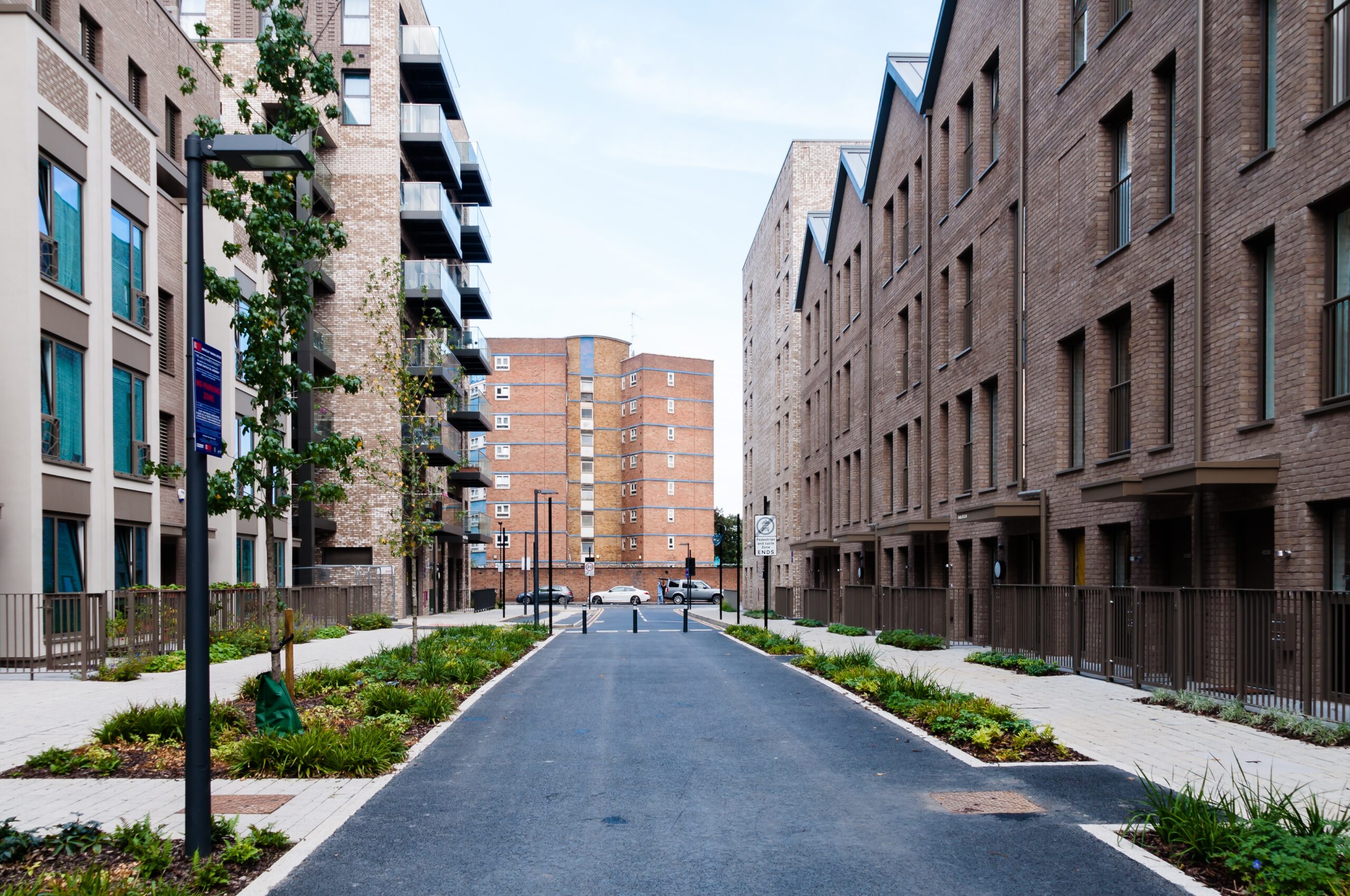In May 2025, Sustainability for Housing (SfH) published the analysis from the 2024 Sustainability Reporting Standard for Social Housing (SRS) submissions, marking a ‘coming of age’ for environmental, social and governance (ESG) reporting across the sector.
The findings detail the performance and progress of 91 housing providers along with the views of adopters and the funder community. The 91 housing providers own and manage close to 1.9 million homes across England, Scotland and Wales.
This report is also the first review since the roll out of version 2.0 of the Standard, which introduced a number of new criteria around net zero, EDI and resident voice and is mapped to a number of global reporting standards and frameworks.
In spite of the many well-documented financial, economic and operational challenges bearing down on UK housing associations, the latest SRS data demonstrates that the housing association sector remains committed to sustainability – at the environmental, social and economic levels – and continues to move forward.
Some of the other key highlights include:
- The overall proportion of new homes achieving EPC A has risen year-on-year, from 2.1% in 2022 to 9.5% in 2024.
- The housing providers in this dataset delivered 35,800 new homes in the year, with 99.7% of the c35,800 new homes completed in 2024 achieving EPC C or higher.
- Of the new homes, low-cost home ownership and Affordable Rent continue to see the greatest allocation (29% of homes), followed by Social Rent (24% of homes).
- Average rents of FY 2023/24 were equivalent to 59% of private rented sector (PRS) rates or 72% of the Local Housing Allowance (LHA), demonstrating affordability relative to market alternatives.
- 37 housing providers that reported against the enhanced damp and mould criterion, sharing that 86,670 homes had cases of damp and mould in 2024, accounting for, on average, 7% of each housing provider’s total stock, with this proportion ranging from 0.2% to 17.9% across reporting providers. This is above expectations, with the RSH’s 2023 damp survey estimating that these cases account for 3-4% of stock.
- On average, housing providers report a CEO: median-worker pay ratio of 5.9:1 FY23-24, which compares positively to the largest UK companies.
- Housing providers report a 9% gender pay gap for FY23-24, which is above the national average of 7%.
The report also provides the exclusive results of a survey of housing providers and funder adopters.
- Over 40% of Housing Providers agree that reporting against the SRS has resulted in a change of strategy or culture within their organisations, up from 31% in 2023.
- Of the 46 responding Housing Providers, 82% state that their SRS reports were reviewed and approved by Board and/or Audit & Risk Committees this year.
- – a close to 10% year-on-year increase.
- Over a third of Housing Providers believed that the SRS had strengthened their relationships with current or new funders
- 80% of funders reported that the SRS had led to the provision of better and more useful information regarding assessing the ESG performance of the sector, significantly up on last year’s result (56%).
- 80% of responding Funders think that reporting against the SRS has improved.
- Housing Providers’ ESG performance and accountability.
The full report is available here.
The 3rd Annual Review (July 2023) is available here.


